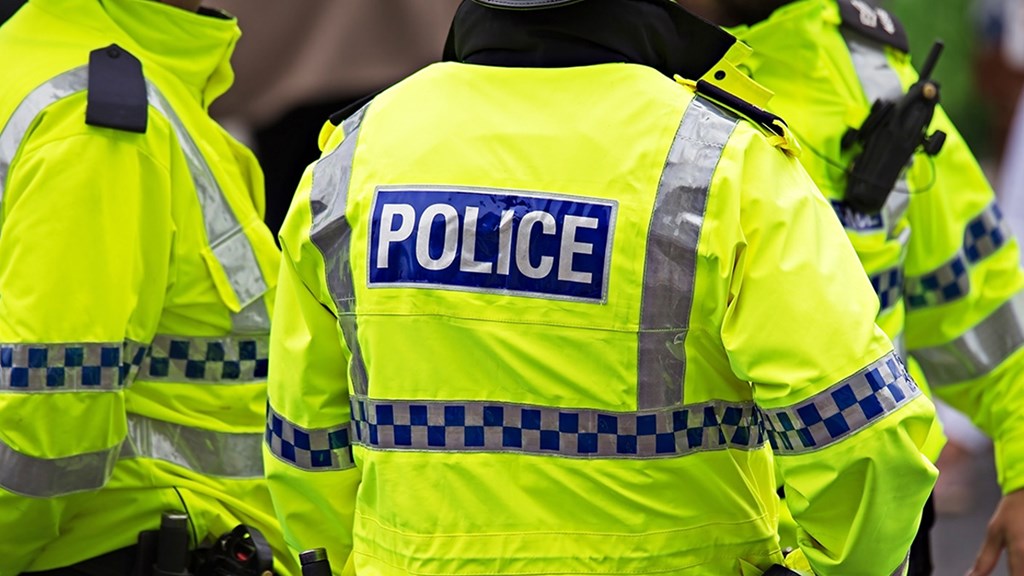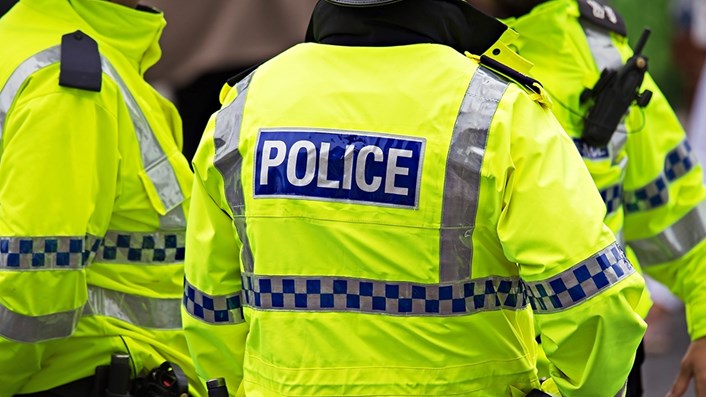
29 Aug 2023
NPCC Chair responds to open letter
Chief Constable Gavin Stephens writes to the Home Secretary and Policing Minister in response to their open letter on pursuing all reasonable lines of inquiry
The Rt Hon. Suella Braverman KC MP
Home Secretary
Home Office
The Rt Hon Chris Philp MP
Minister for Crime, Policing and Fire
Home Office
29th August 2023
Dear Rt Hon. Suella Braverman KC MP, Rt Hon Chris Philp MP,
Reasonable lines of inquiry
For decades, police forces have had a duty to pursue all reasonable leads of an alleged crime. Police forces conduct thousands of successful investigations every year, ensuring that offenders are prosecuted, and victims get the justice they deserve.
The National Police Chiefs’ Council and College of Policing have worked together to update the guidance on reasonable lines of inquiry, which aims to further improve investigation standards and deliver even more consistency across forces, ultimately improving the service victims receive. This builds on great work already undertaken by officers and staff supported by new and improved training across policing, along with further sharing of best practice across England and Wales.
The complexity of crime has increased in recent years and new emerging technology has provided police with additional leads that have greatly assisted investigations by using video images from doorbells, CCTV and dashcam footage. We are also continuously learning, including from publicly available 999 performance data to improve the speed at which emergency calls are answered so we can deliver the fastest possible response.
However, growing demand as well as the increasing and changing nature of crime means consistency across forces varies and approximately 21 of 43 forces still have less officers than in 2010. It is therefore right that Police Chiefs have operational independence and are responsible for making difficult decisions around how best to respond to the breadth of priorities of local communities.
Policing has rightly been under scrutiny in recent years and we welcome continued scrutiny from Government, Police and Crime Commissioners, and our communities.
Pressure on the criminal justice system
The current pressures faced by policing are faced across the entire criminal justice system, and it’s vital that all parts – policing, prosecutors, courts and Government - work together to ensure justice is delivered for victims.
For example, we have backlogs in the court system due to increasing caseloads and prisons nearing capacity, placing pressure on police custody cells. We are all working hard to fix this within our own remits, but more needs to be done together.
Policing wants to continue to work positively with Government and other agencies to identify areas of the criminal justice system that can be reformed for victims, with swifter justice and measures that help to reduce reoffending and crime.
Officer and policing numbers
The recruitment of 20,000 police officers has been welcomed by every force across England and Wales. I am encouraged by this uplift and the opportunities our new recruits bring.
It demonstrates the Government’s appreciation that more is needed to meet increasing and changing demands. But to support frontline policing, there is much more that can and should be done.
Although the additional officers go some way to support these changes the reality is that since 2010, the number of officers has increased by just 2.6%, while recorded crime has increased by 25%.
- In 2022/23, a total of 5.24 million crimes were recorded by police - an increase of over one million since 2010/11, when recorded crime sat at 4.15 million. This means there is more recorded crime per police officer.
Added to this, there is significant pressure on vital police staff jobs with over 4,000 vacancies across England and Wales. Police staff play a key role in protecting people and fighting crime, providing a huge range of services and specialist knowledge in support of officers, especially in making best use of new technologies to fight crime. They are vital to an effective police service but some of these roles are being backfilled by officers, taking them away from the frontline, and reducing visibility.
To see trust in police return to where it used to be, an effectively staffed and properly funded police service is essential.
To help achieve this it is vital we continue to work with Government to retain and develop the new officers recruited, and to put in place a long-term workforce plan that includes essential and specialist police staff.
Visibility
Visibility and engagement with our communities has always been core to UK policing and police leaders agree that it must remain central to what we do to retain the trust and confidence of the public.
Neighbourhood policing is the bedrock, and a vital part of how we can prevent crime and protect our communities. We believe that the number of neighbourhood officers should be increased.
There is no doubt that visible policing is key, along with being accessible. We now live in a digital world and are reflecting that by becoming more innovative in the way we interact with our communities online, as well as being present in local neighbourhoods.
We support neighbourhood policing being developed even further as a specialism, with better opportunities for continued professional development.
Our work
We recognise effective policing requires action not just words. There have been some great successes over the past 6-12 months, including:
- The commitment to attend every home burglary across the country, ensuring victims receive the service they deserve wherever they are.
- Seizing £130m of cannabis and arresting 1,000 people, as part of the largest ever crack down on cannabis farms and the organised gangs behind them.
- Transforming the way we investigate rape and sexual offences, leading to charge rates and referrals to prosecutors increasing. For example, in Avon and Somerset Constabulary, one of the pathfinder forces, the volume of cases charged has more than tripled.
- Tackling gangs using a new tactic called ‘Clear, Hold, Build,’ where police officers ruthlessly pursue gang members until they are gone from an area, before working closely with the community to stop the gangs re-emerging.
- Removing almost 10,000 knives from the street and arresting almost 1,700 people as part of the national Operation Sceptre.
- Arresting around 2,000 protestors who have disrupted day to day life of communities.
- Working with the NHS to ensure the right agency attends mental health callouts to provide better care. If fully supported by new health services, this could mean up to one million hours redirected to fighting crime on our streets.
While recorded crime has gone up since 2010, the latest figures from the Crime Survey of England and Wales show that many of the crime types have been going down and are well below their pre-pandemic levels of March 2020.
For example, we have seen:
- an overall decrease in theft by 20%.
- a decrease in domestic burglary by 30%.
- a decrease in homicide by 16%.
- robbery has seen a significant drop, down 17%.
- vehicle theft has also decreased by 18%.
Victims
Victims are at the heart of what we do in policing. Protecting victims and delivering justice for them is why so many hard-working officers, staff and volunteers dedicate their lives to policing.
Delivering a trusted, effective, and accessible police service is the shared ambition of everyone in policing. It is what we expect, and it is what victims and the public deserve.
We welcome closer working with government and the criminal justice system to help achieve this.
Yours Sincerely,
Gavin Stephens QPM
Chair
National Police Chiefs’ Council
Contact information
Communications office
By phone: 0800 538 5058
By email: press.office@npcc.police.uk


